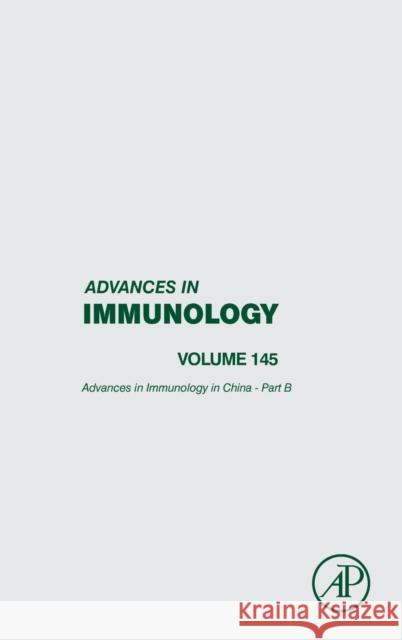Advances in Immunology in China - Part B: Volume 145 » książka
topmenu
Advances in Immunology in China - Part B: Volume 145
ISBN-13: 9780128178782 / Angielski / Twarda / 2020 / 198 str.
Kategorie:
Kategorie BISAC:
Wydawca:
Academic Press
Seria wydawnicza:
Język:
Angielski
ISBN-13:
9780128178782
Rok wydania:
2020
Numer serii:
000042586
Ilość stron:
198
Waga:
0.50 kg
Wymiary:
22.86 x 15.24 x 1.6
Oprawa:
Twarda
Wolumenów:
01











